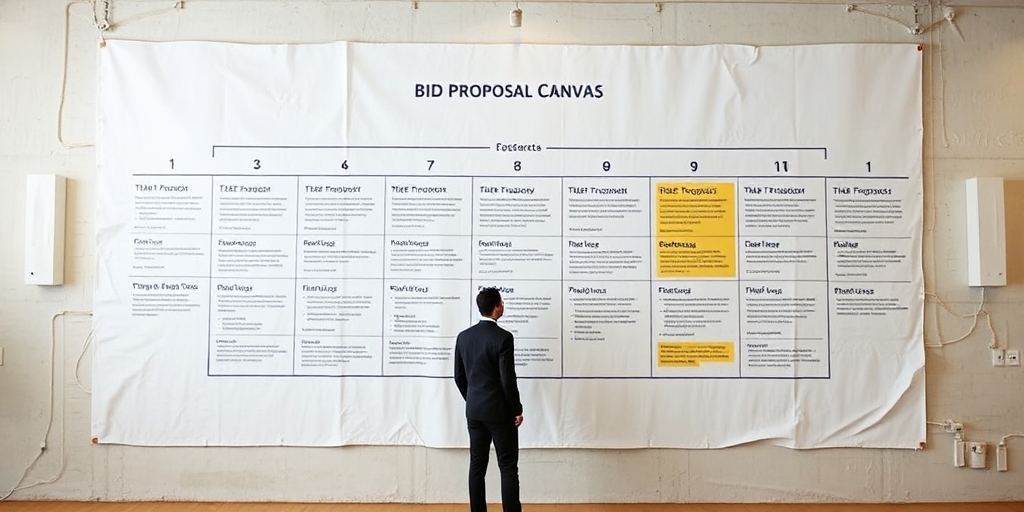
Decoding the Value Proposition Canvas: A Strategic Guide to Aligning Business and Customer Needs
The Value Proposition Canvas is a powerful tool for businesses to clearly define their product or service offerings and ensure they align with the needs and pain points of their target customers. By mapping out the value proposition and customer segments, companies can identify key areas for improvement and create a more compelling value proposition that resonates with their audience. Value Proposition Canvas Overview for CEOs A well-crafted Value Proposition Canvas can provide CEOs with a comprehensive understanding of their business’s unique value proposition and how it addresses the specific needs of their target customers. This strategic tool helps organizations streamline their offerings, optimize resource allocation, and enhance their overall competitive advantage. ...








